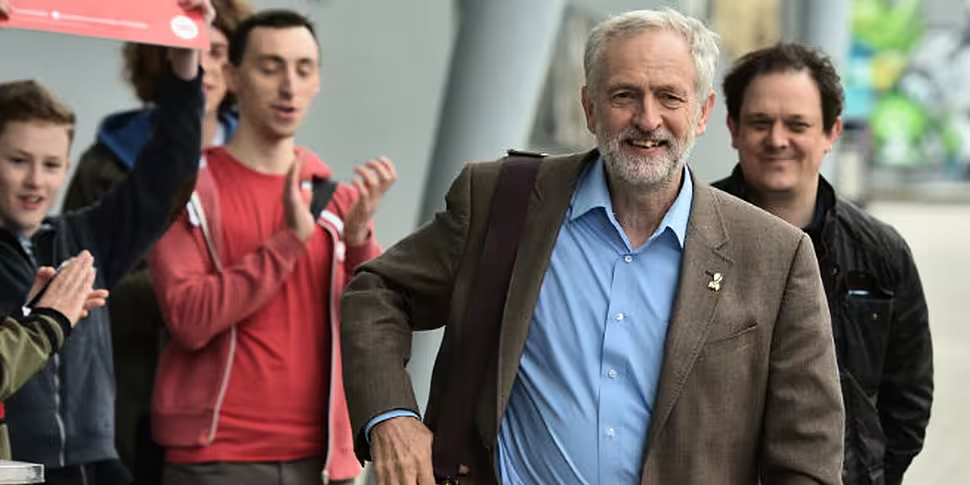Jeremy Corbyn has confirmed he supports a united Ireland, refused to deny he "wanted the IRA to win" and said he invited Sinn Féin members to the House of Commons shortly after the Brighton bombings in 1984 to try to find a political solution.
The recently elected British Labour party leader made the comments during a BBC interview this morning.
It comes after he yesterday paid tribute to Irish revolutionary Constance Markievicz, saying he had been working with colleagues for a plaque in a new library so "all generations can understand the contribution that Connie Markiewicz and so many others made."
Mr Corbyn also suggested his party's MPs might be given a free vote on scrapping the UK's Trident nuclear deterrent because of the shadow cabinet split on the issue.
The Labour leader accepted he may not be able to unite the party on his no-nukes policy and conceded he would probably have to "come to an accommodation of some sort".
Speaking on the first day of the party's conference in Brighton, he asked if it was "so disastrous" for a party to have "two different opinions" on an issue.
However, he added: "I will do my persuasive best to bring them around to my point of view."
Mr Corbyn told the Andrew Marr Show he had been opposed to "weapons of mass destruction" all of his life but he understood the views of shadow cabinet colleagues.
Trident programme
Labour ditched its no-nukes policy under Neil Kinnock in 1989 but is expected to debate the issue at conference on Monday.
The British government must decide whether to renew Trident at a cost of £20bn (around €27bn) next year and wants to press ahead.
Mr Corbyn's opposition puts him at loggerheads with some of the unions, who backed his leadership campaign, and they have warned him to "get real" over the issue.
If the Trident programme is not renewed then the jobs of 40,000 defence workers will be in jeopardy.
However, Unison leader Dave Prentis said Trident did not need to be renewed, it could be kept running and that other public services should not be sacrificed to pay for the defence programme.
And Mr Corbyn denied that scrapping Trident would put jobs at risk.
In a wide-ranging interview Mr Corbyn also:
- Told how he had thrown policy-making open to grassroots supporters saying there were a lot of people with good ideas out there.
- Said he would like to see a 50p tax rate for those earning over £100,000.
- Denied being a supporter of Russian president Vladimir Putin.
- Spoke against taking military action in Syria, another issue where he disagrees with key members of his shadow cabinet.
- Denied fomenting violent protests on the streets.
- Suggested introducing a graded, effectively means-tested inheritance tax system.
In response to Mr Corbyn's interview, Business Secretary Sajid Javid said: "The Labour leader confirmed that he would weaken our defences by scrapping our independent nuclear deterrent and that he would damage our economy by putting up taxes on jobs, earnings, investment and people's homes.
"This shows the Labour Party are a serious risk to our national security, our economic security and to the security of all working people."









